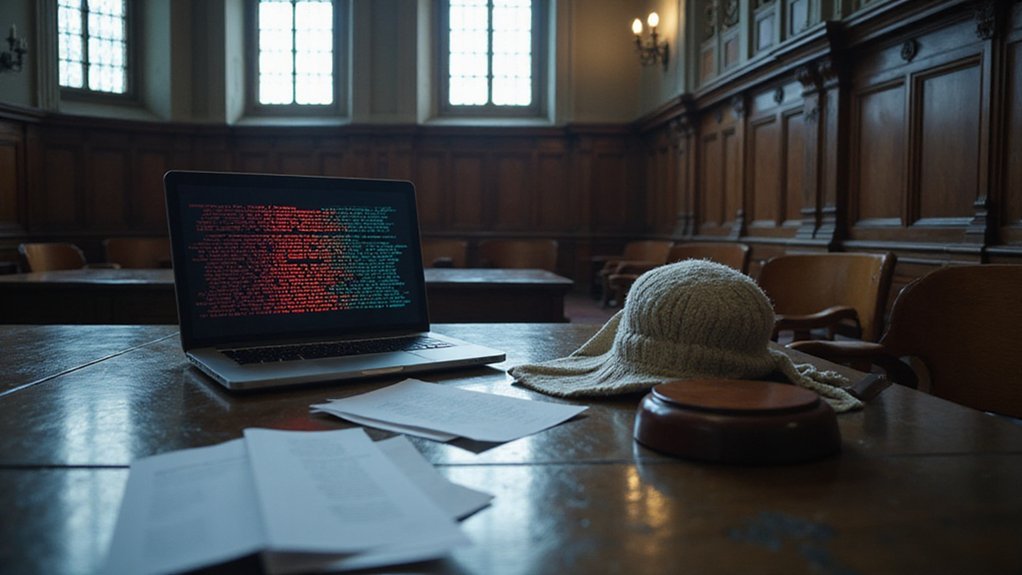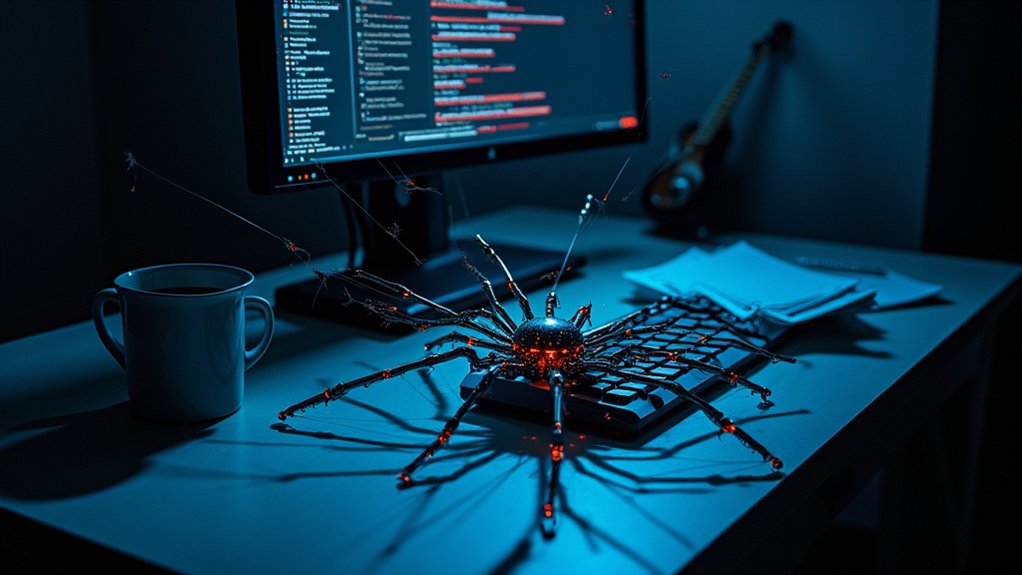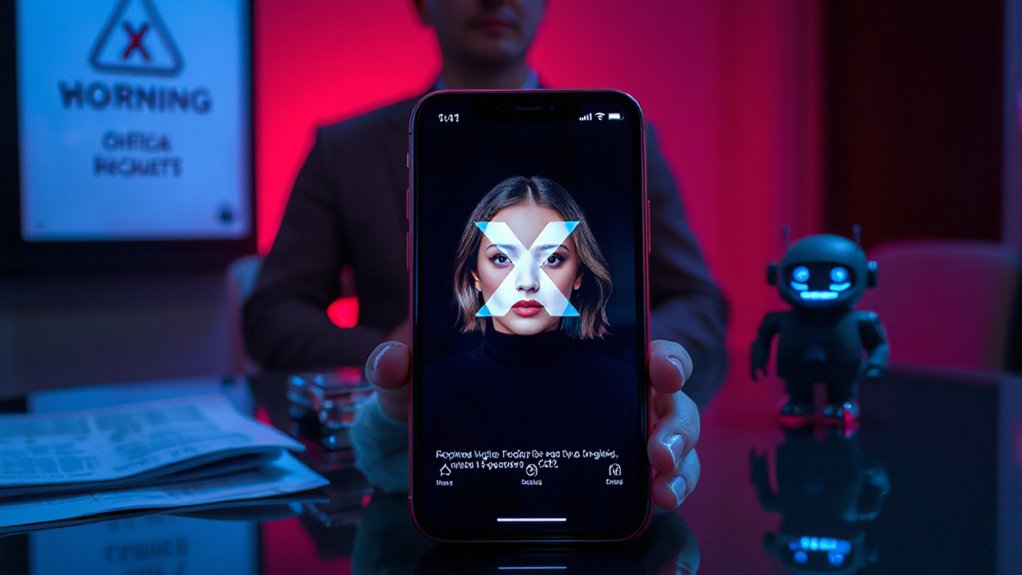When UK judges start threatening lawyers with contempt charges for using AI, you know things have gotten seriously out of hand. Dame Victoria Sharp and Mr Justice Johnson just dropped a hammer on legal professionals who’ve been passing off AI-generated fake cases as legitimate precedents. The message? Submit bogus citations from ChatGPT and you might face contempt proceedings or even criminal prosecution for perverting justice.
UK judges threaten contempt charges for lawyers submitting AI-generated fake legal precedents
The judges dealt with multiple cases where lawyers cited completely nonexistent legal precedents created by AI tools. In one jaw-dropping example, a lawyer in a £90 million lawsuit against Qatar National Bank submitted 18 fake cases. Eighteen. Not one or two slip-ups – eighteen fabricated citations. The client later apologized for misleading the court, but Judge Sharp wasn’t buying the excuses. She called it “extraordinary” that a solicitor would rely on their client to verify legal research. That’s not how this works.
What really set the judges off was discovering that at least one barrister either knowingly submitted fake citations or straight-up lied about using AI. That crossed the contempt threshold right there. These aren’t small infractions either. Judges warned that sanctions could include public humiliation, hefty costs orders, having cases thrown out, regulatory referrals, or police involvement. Yeah, police involvement. For using ChatGPT wrong. The maximum sentence for perverting the course of justice could reach life in prison, demonstrating the severity with which courts view these violations.
The problem stems from AI “hallucinations” – when these tools confidently spit out completely made-up case citations that sound plausible but don’t exist. Some lawyers apparently thought they could skip the boring verification step and just copy-paste whatever the AI produced. Spoiler alert: that’s a terrible idea. The hearing took place in the High Court sitting as a divisional court on May 23, where these issues were thoroughly examined.
Now law firms are scrambling. Managing partners and heads of chambers must implement measures to prevent this mess from happening again. Training on AI limitations is mandatory. Verification protocols are essential. The judges made it crystal clear – technological convenience doesn’t excuse professional negligence.
Similar disasters have popped up in the US and Canada, proving this isn’t just a UK problem. But UK judges are done playing around. Submit fake AI cases to their courts, and you’ll find out exactly how serious they are about protecting the integrity of the justice system.
References
- https://rozenberg.substack.com/p/ai-the-judgment
- https://economictimes.com/news/international/global-trends/uk-judge-raises-alarm-after-lawyers-submit-fake-legal-cases-produced-by-ai-tools/articleshow/121694218.cms
- https://opentools.ai/news/uk-high-court-judge-warns-lawyers-fabricating-cases-with-ai-could-lead-to-sanctions
- https://www.courthousenews.com/uk-judge-warns-of-risk-to-justice-after-lawyers-cited-fake-ai-generated-cases-in-court/
- https://www.lbc.co.uk/tech/use-of-ai-generated-fake-cases-in-court-could-lead-to-sanctions-judges-warn/









